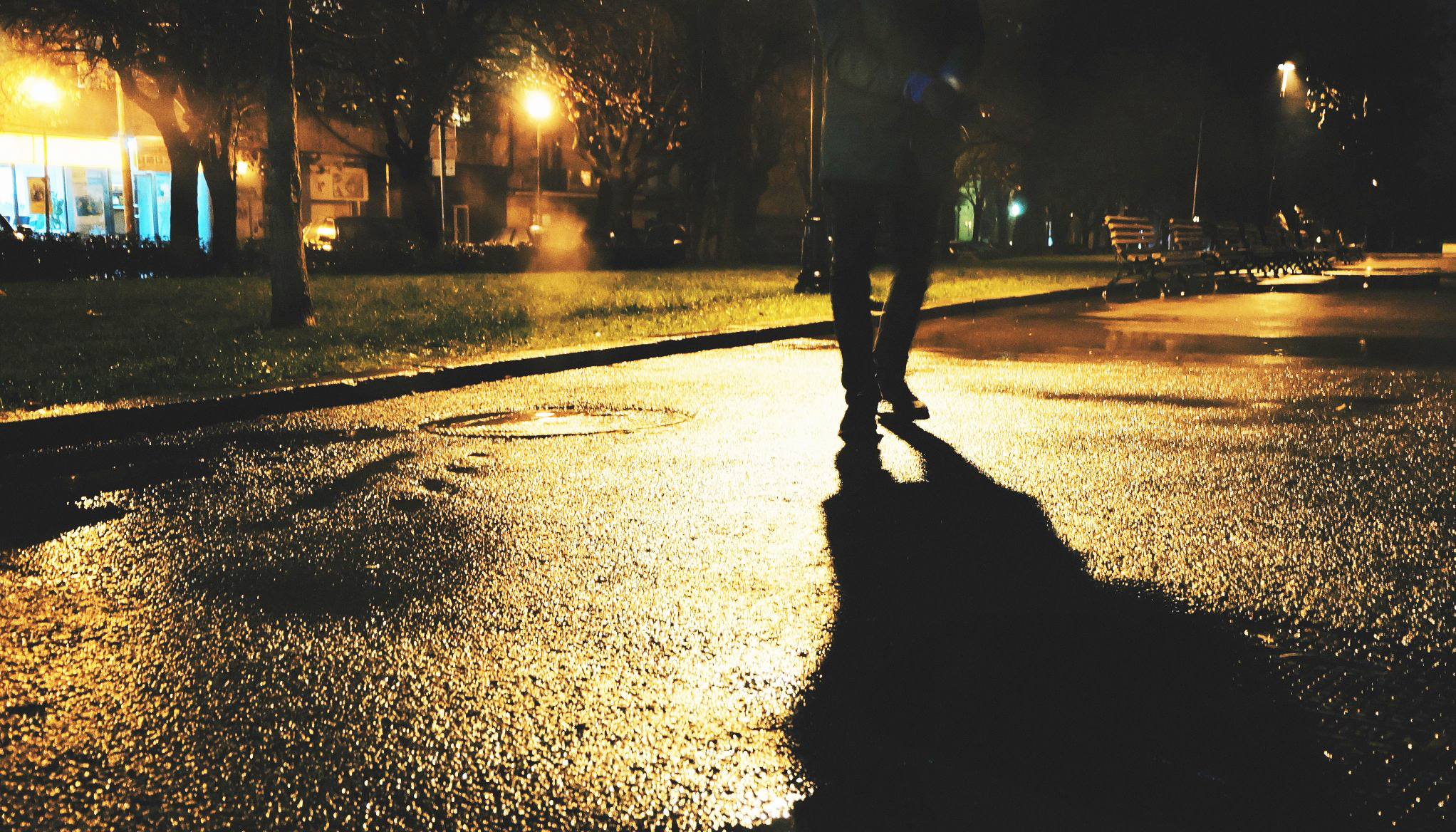- The American Dream no longer includes a new car: At a record $777, the average monthly payment is far out of reach for middle-class families. (Bloomberg)
- Data out of London shows that reducing speed limits to 20 miles per hour results in a 25 percent reduction in crashes and serious injuries. (Intelligent Transport)
- According to the latest conspiracy theory, 15-minute cities aren't pleasant neighborhoods with shops and bars a short walk away, but rather dystopian open-air prisons. (Vice)
- A car crashes into a Seattle building, on average, once every three-and-a-half days (Seattle Times). In fact, cars crash into buildings at an alarming rate nationwide, with an average of one a day striking 7/11 convenience stores alone (Daily Breeze).
- New York City drivers killed 16 children last year, the most since the city started a Vision Zero program in 2014. (Daily News)
- Chicago's L is less reliable and less safe than it was before the pandemic. For it to recover, the city should spend more on driver pay, unarmed ambassadors and shelter for the unhoused. (Chicago Mag)
- Baltimore was able to successfully navigate community concerns in a Black neighborhood that had been devastated by an urban highway and win support to rebuild an aging rail tunnel. (Next City)
- Houston is often ridiculed for its sprawl, but its lack of zoning regulations is also creating denser, more affordable neighborhoods. (Fast Company)
- Republicans in the Arizona legislature are introducing bills overriding local governments' ability to fund transit. (Local Today)
- A new bike and pedestrian bridge over the Ashley River makes another bridge upstream Charleston's most problematic spot for biking and walking. (Post and Courier)
- After several failures, the University of Georgia is again trying to start a bikeshare on campus. (Red & Black)
- Five city and county officials in Cleveland spent five days without a car in an effort to understand the challenges transit riders face. (Scene)
Stay in touch
Sign up for our free newsletter
More from Streetsblog USA
America’s Kids Deserve Better Than a Waymo Subscription
What do America's young people lose when they have to buy independence from a corporation that rents out driverless cars?
Tuesday’s Headlines Aren’t Falling Fast Enough
Pedestrian deaths dropped by 4 percent last year, but remain well above pre-pandemic figures.
Monday’s Headlines Are Dragging Their Feet
The Trump administration claims the Biden administration left them with a backlog — but they've actually been far slower at getting transportation money to states than their predecessors, a new analysis finds.
These U.S. Communities’ So-Called ‘Complete Streets’ Policies Don’t Even Deserve the Name
Any city can call itself a "Complete Streets" champion. But not all of them are walking the walk — and if they don't, a top organization says they'll no longer give them a platform on its esteemed "best of" ranking.
Communities Rally To Reclaim Streets From ICE Terror
"This is an attack on Los Angeles. This is an attack on California. On all of us."
Friday Video: The London Neighborhood Where Bikes Outnumber Cars
...and how they got to that impressive milestone.






